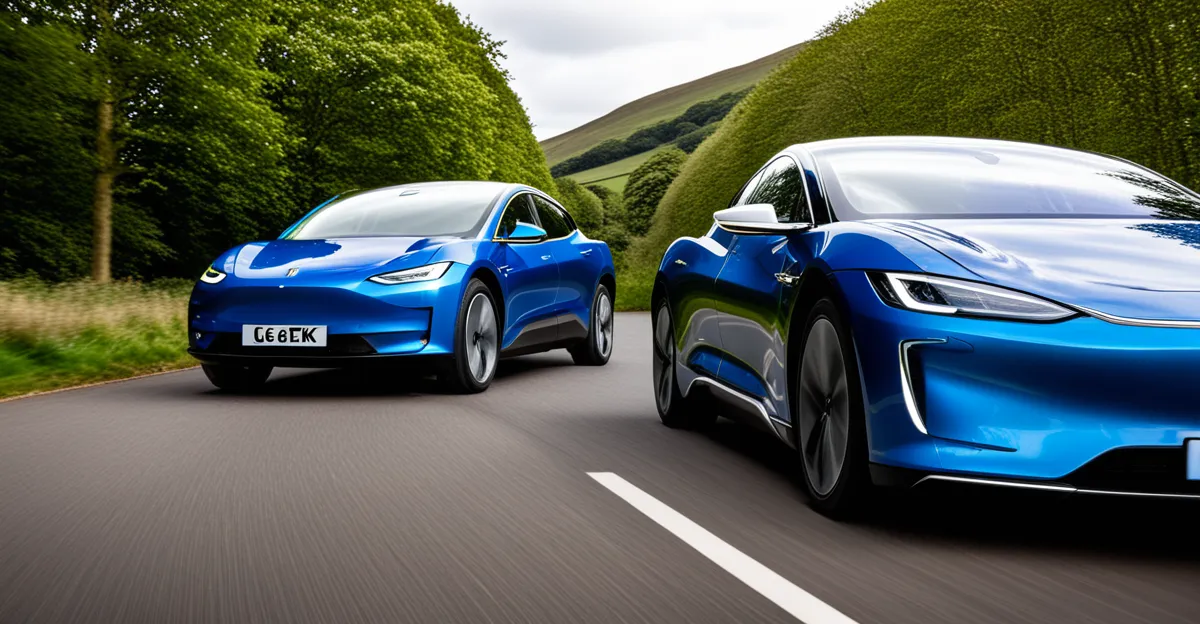UK Electric Vehicle Adoption and Growth Trends
The electric vehicle adoption UK has accelerated significantly over recent years. According to the most recent data, EV registrations represent a substantial and growing share of new car sales, surpassing many projections. This current EV statistics UK show a clear upward trajectory, with growth rates consistently outpacing those of traditional fuel vehicles.
Comparatively, while petrol and diesel car sales have declined, the UK EV market growth reflects changing consumer preferences and environmental awareness. This shift is evident in urban centres where EV uptake is fastest, driven by cleaner air policies and expanding infrastructure.
Have you seen this : How are UK automotive companies addressing cybersecurity in connected cars?
Multiple factors influence this expansion: improved affordability of electric models, extended driving ranges, and widespread availability of charging points. Additionally, incentives and public awareness campaigns have encouraged consumers to transition from conventional cars. As a result, the electric vehicle adoption UK not only addresses climate targets but also reshapes automotive demand patterns.
These trends underscore a transformative period for the UK automotive sector, where UK EV market growth is both a response to and a catalyst for broader sustainability goals. The momentum behind adoption reflects technological advances and supportive policies converging to foster a cleaner, electric future.
Also to discover : The Future of Electric Cars in the UK: What Are the Latest Developments?
Government Policies Shaping the UK’s EV Future
Government policies play a pivotal role in accelerating electric vehicle adoption UK. The UK government EV policy framework includes several financial incentives such as grants for new EV purchases, reduced vehicle taxes, and subsidies for home charging installations. These incentives alleviate upfront costs, making electric vehicles more accessible across different income levels.
Official EV targets UK are ambitious. The government aims to end the sale of new petrol and diesel cars by 2030, promoting a fully electric or hybrid fleet. Legislative mandates require manufacturers to increase electric vehicle offerings progressively, aligning industry production with sustainability goals.
Public infrastructure investments are substantial, directly impacting the UK EV market growth. Expanding national charging networks supports range confidence and convenience, addressing a major barrier to adoption. Urban initiatives, including clean air zones and local grants, also contribute to creating EV-friendly environments.
Together, these policies create a supportive ecosystem for electric vehicle adoption UK. They encourage market uptake while fostering innovation in charging solutions and vehicle technology. The combined effect is a clear alignment between consumer incentives, regulatory targets, and infrastructure enhancements that drive sustained growth in EV sales and usage.









